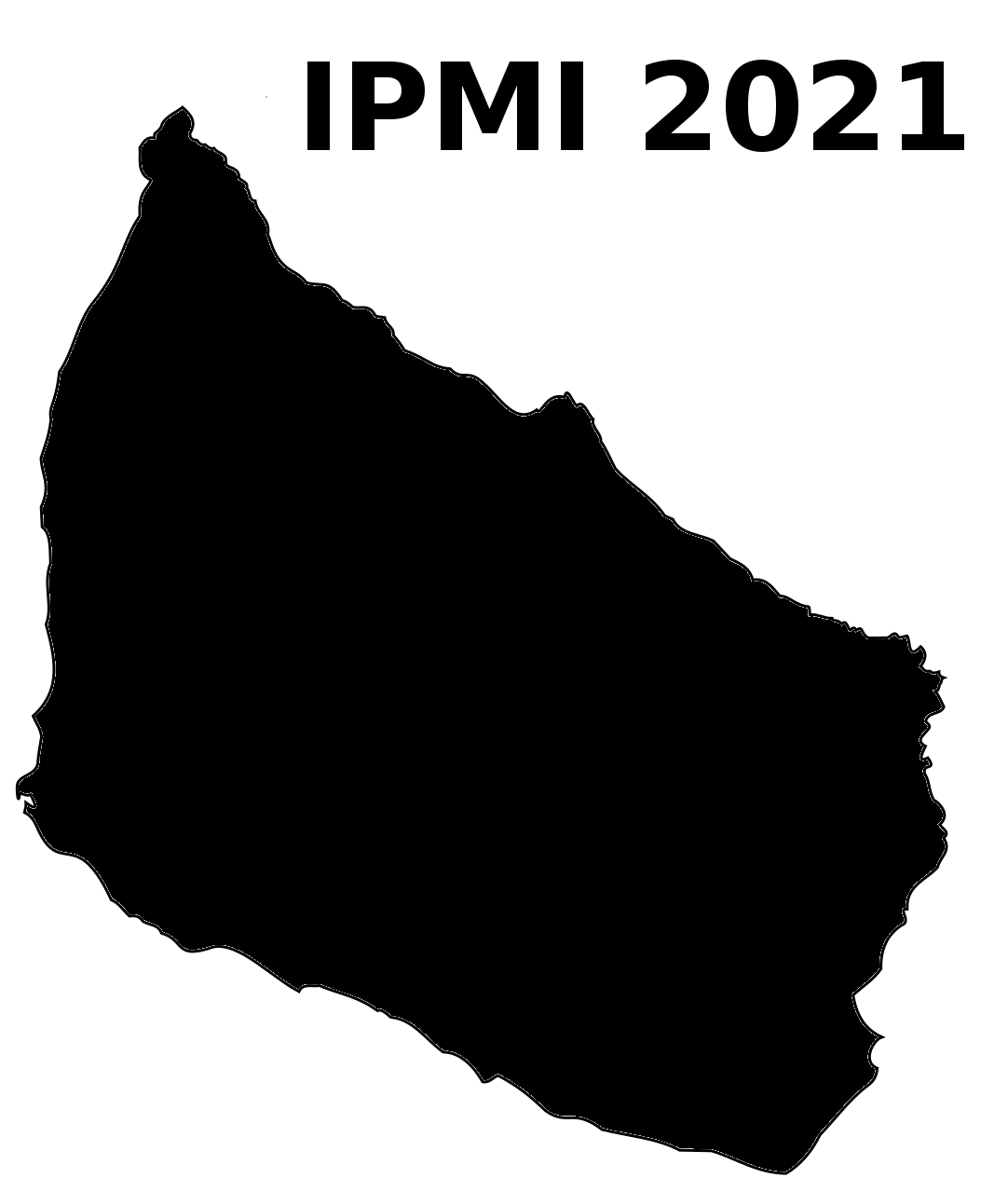Authors: Chun-Hao Yang (University of Florida)*; Baba Vemuri (University of Florida)
Abstract: Grassmann manifolds have been widely used to represent the geometry of feature spaces in a variety of problems in medical imaging and computer vision including but not limited to shape analysis, action recognition, subspace clustering and motion segmentation. For these problems, the features usually lie in a very high-dimensional Grassmann manifold and hence an appropriate dimensionality reduction technique is called for in order to curtail the computational burden. To this end, the Principal Geodesic Analysis (PGA), a nonlinear extension of the well known principal component analysis, is applicable as a general tool to many Riemannian manifolds. In this paper, we propose a novel framework for dimensionality reduction of data in Riemannian homogeneous spaces and then focus on the Grassman manifold which is an example of a homogeneous space. Our framework explicitly exploits the geometry of the homogeneous space yielding reduced dimensional nested sub-manifolds that need not be geodesic submanifolds and thus are more expressive. Specifically, we project points in a Grassmann manifold to an embedded lower dimensional Grassmann manifold. A salient feature of our method is that it leads to higher expressed variance compared to PGA which we demonstrate via synthetic and real data experiments.
